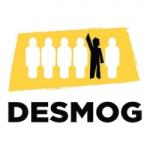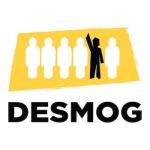disinformation
Winston Churchill famously (but unoriginally) said, “Democracy is the worst form of government except for all those other forms that have been tried from time to time.” The same c
Section 230 of the Communications Decency Act, enacted in 1996, provided the shielding mechanism with which SM hosts cloak themselves.
How many people around the world are currently living in poverty? The World Bank reports that a little over 9%, or approximately 720 million people, are subsisting on less than US$2.15 a day.
Misinformation and disinformation have emerged as two of the most important threats in the world today.
Ever since the coronavirus crept onto the world stage, we have been suffering from two simultaneous pandemics: One from the virus and another from mis- and disinformation.
We have gotten used to trolls and political ideologues spreading misinformation about public health. But it's still a surprise when alleged science journalists do it.
Scientists and science writers are urged to participate more in public debates. However, when we do, we often get libeled and slandered.
By Alex Berezow, PhD, Josh Bloom, PhD, Chuck Dinerstein, MD, MBA, and Thom Golab
ACSH is being targeted in a purposeful disinformation campaign by two very sketchy yet influential websites.











